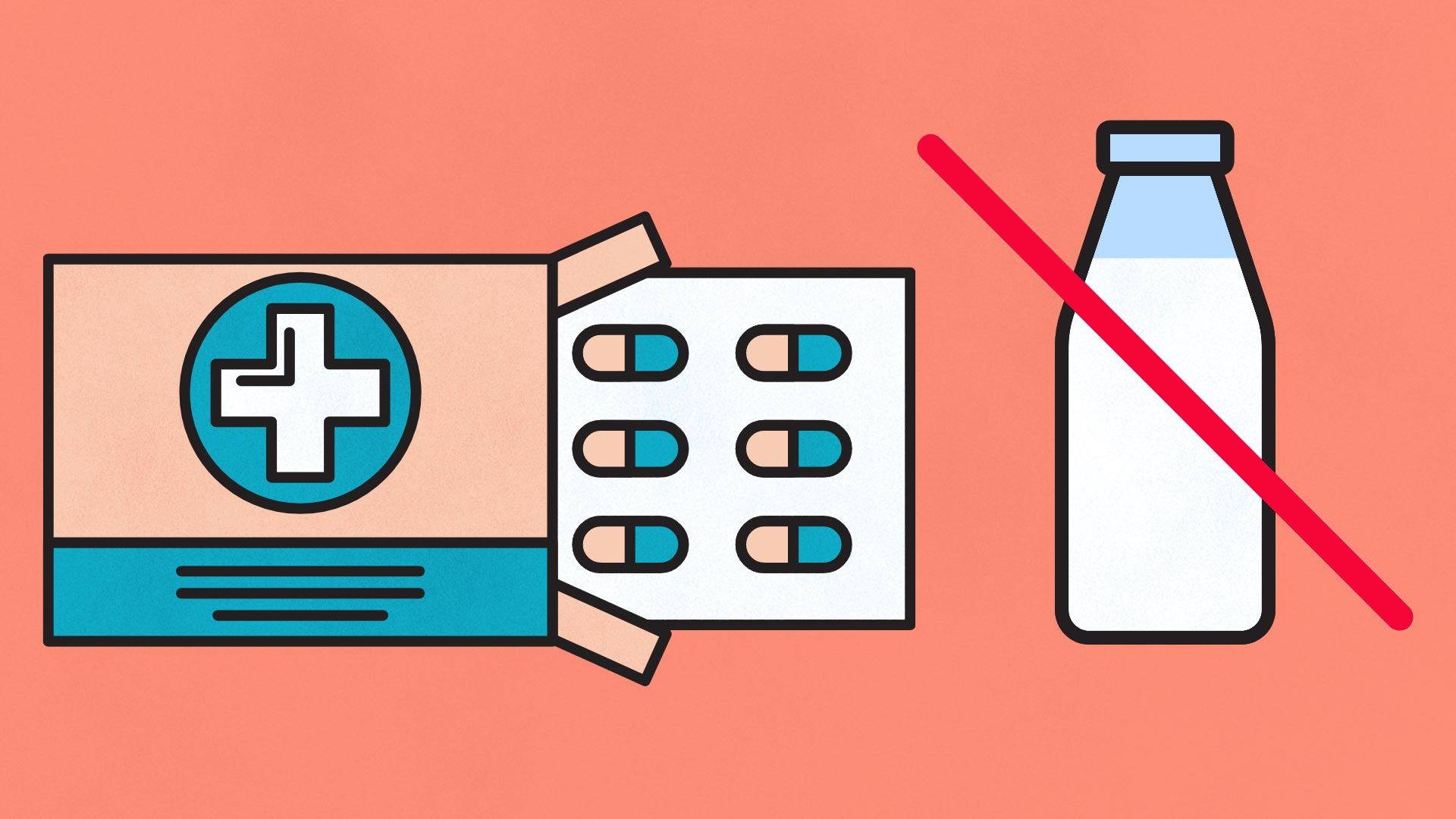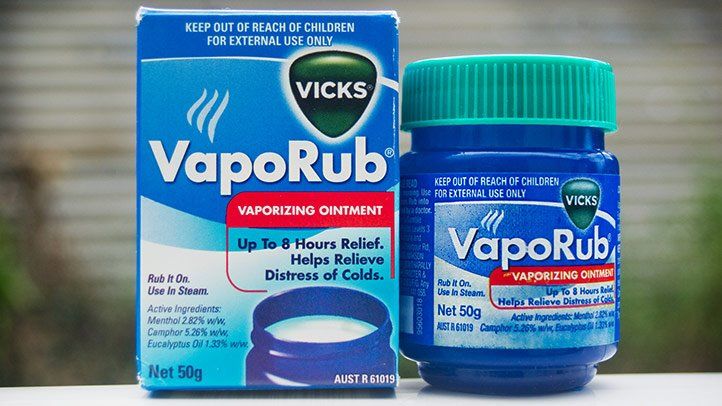Understanding Daytime Cold and Flu Symptoms
Colds and flu tend to be worse at night, but symptoms can persist during the day as well. Daytime cold and flu symptoms can range from mildly annoying to completely debilitating. Knowing what to expect can help you get through the day more comfortably.
Common Daytime Cold Symptoms
The most common symptoms of a cold during the daytime include:
- Sneezing
- Runny or stuffy nose
- Sore throat
- Coughing
- Mild body aches
- Mild fatigue
- Watery eyes
- Congestion
While cold symptoms tend to be worse at night, preventing restful sleep, you'll still feel their effects during the day. Blowing your nose constantly, coughing, and just feeling run down can make it hard to concentrate and get things done.
Common Daytime Flu Symptoms
Daytime symptoms of the flu are similar to cold symptoms but tend to be more severe, including:
- Fever
- Chills
- Body aches
- Fatigue
- Headache
- Sore throat
- Runny or stuffy nose
- Cough
- Nausea or vomiting
In many cases, the flu makes it difficult or impossible to get through your normal daily activities. The fatigue and body aches can be debilitating. You may need to call out sick from work or other responsibilities.
Daytime Cold and Flu Care Tips
It's challenging to care for a cold or flu during the day when you have things to get done. Here are some tips for getting through the daytime hours:
1. Rest When Possible
Don't push yourself to keep up your normal activity level. Your body needs rest to heal. Take breaks, lay down, and listen to your body. Hold off on tasks that can wait until you recover.
2. Stay Hydrated
Drink plenty of water, broth, and other fluids. Dehydration can make symptoms like headache, fatigue, and stuffy nose worse. Herbal tea can also be soothing for sore throat.
3. Take Medications
Take cold and flu medications as needed to manage your symptoms during the day. Cough suppressants, decongestants, pain/fever reducers, and other over-the-counter meds can provide relief so you can function.
4. Try a Humidifier
Using a humidifier can help ease coughs and congestion. The moisture it pumps into the air can help loosen mucus and reduce inflammation.
5. Layer Up
If you have the chills from a fever, layering clothing and blankets can help raise your body temperature to a comfortable level.
6. Stay Germ-Free
Carry hand sanitizer and tissues with you. Wash hands frequently. Disinfect surfaces and shared items. Wear a mask if needed to avoid spreading germs.
7. Eat Nutritious Foods
A cold or flu can sap your energy and appetite, but eating nutritious foods can help. Opt for broth, soup, yogurt, fruit, vegetables. Avoid junk and processed foods.
8. Open a Window
Getting fresh air can reinvigorate you and air out germs. During the daytime, open blinds and windows to let sunshine and air circulate.
9. Stay Positive
Your attitude affects how you feel. Try to stay optimistic that you'll feel better soon. Watch funny shows, text friends, and remind yourself it's temporary.
10. Know When To Get Help
Most colds and flu can be managed at home. But if you have difficulty breathing, high fever, or other concerning symptoms, call your doctor.
Preventing Daytime Cold and Flu Symptoms
An ounce of prevention is worth a pound of cure when it comes to cold and flu. Here are some tips for avoiding getting sick in the first place:
Get Plenty of Sleep
Not getting adequate sleep can lower your immunity. Adults should aim for 7-8 hours per night.
Manage Stress
Chronic stress takes a toll on your immune system. Try yoga, meditation, journaling, or other stress-reduction techniques.
Exercise Regularly
Aim for at least 30 minutes per day of moderate activity to give your immune system a boost.
Eat a Healthy Diet
Eat plenty of antioxidant and nutrient-rich fruits and vegetables. Probiotics support gut health.
Stay Home When Sick
Going to work or school sick exposes others. Take a sick day to recover faster and prevent spread.
Avoid Close Contact
Keep your distance from obviously sick people when possible. Avoid crowds during peak cold/flu season.
Disinfect Common Surfaces
Cold and flu viruses live on objects like doorknobs, keyboards, and phones. Disinfect these regularly.
Don't Touch Your Face
Hands spread germs to eyes, nose and mouth. Avoid touching your face unless hands are clean.
Get a Flu Shot
Annual flu vaccination helps protect against that year's prominent flu strains. Get one early each fall.
Knowing When To See a Doctor
Colds and flu often resolve on their own with sufficient rest and care. But in some cases medical treatment is needed. See a doctor if you experience:
- Difficulty breathing or chest pain
- Severe vomiting, dehydration
- Fever above 103 F
- Symptoms lasting more than 10 days (cold) or 5 days (flu)
- Face or eye pain, swelled glands
- Earache
- Confusion, especially in older adults
Young children, seniors, pregnant women, and those with underlying health issues should also see a doctor sooner rather than later when experiencing cold or flu symptoms.
Conclusion
Colds and flu can drag you down, even during daytime hours when you need to work, go to school, or care for your family. Rest when possible and rely on medications and home remedies to ease symptoms. With some tender loving care, you'll be back on your feet quickly. Protect yourself by getting adequate sleep, eating well, exercising, and getting immunized. Staying healthy all season long will help you avoid waking up under the weather.
FAQs
What are the most common daytime symptoms of a cold?
The most common daytime symptoms of a cold include sneezing, runny nose, stuffy nose, sore throat, coughing, mild body aches, mild fatigue, watery eyes, and congestion.
When should I see a doctor for daytime cold or flu symptoms?
See a doctor if you have difficulty breathing, chest pain, high fever over 103 F, severe vomiting/dehydration, symptoms lasting more than 10 days for a cold or 5 days for the flu, face or eye pain, swollen glands, earache, or confusion.
How can I manage a runny nose during the day?
Carry tissues with you to blow your nose frequently. Use over-the-counter decongestant sprays and pills to reduce mucus production. Drink extra fluids to thin mucus.
What are some good home remedies for daytime flu symptoms?
For flu, try using a humidifier for coughs and congestion, drinking herbal tea with honey for sore throat, taking fever/pain reducers like acetaminophen, using cough drops for sore throat, and drinking warm broth for hydration.
How can I avoid catching a cold or the flu during the day?
Preventive tips include washing hands frequently, disinfecting shared surfaces, avoiding touching your face, keeping your distance from sick people, getting adequate sleep, managing stress, exercising, eating healthy, and getting a flu shot.
Disclaimer: This article is for informational purposes only and does not constitute medical advice. Always consult with a healthcare professional before starting any new treatment regimen.
Related Coverage
Compare Alka-Seltzer Plus and DayQuil cold and flu products by ingredients, formats, symptom relief abilities and more to determine which OTC medication is best for your needs....
Learn about the benefits and precautions of using DayQuil and ibuprofen together to treat cold and flu symptoms. Follow dosage guidelines carefully....
Daytime cold and flu symptoms like sore throat, fever, aches, and fatigue can make it hard to function. Learn how to manage symptoms, treat at home, and know when to see a doctor....
Naturopathic medicine provides complementary care emphasizing natural treatments, prevention and root causes of illness. Explore top naturopathic doctors in Gilbert, AZ....
Learn if you can safely take Nyquil alongside Advil Cold & Sinus to treat cold and flu symptoms or if dangerous side effects can occur mixing the two OTCs....
Placing cough drops in hot tea makes an easy, convenient home remedy for coughs and sore throats. Learn how to maximize the benefits of vapor, menthol, and more....
Profi nasal spray offers a needle-free solution for effective influenza prevention, targeting the virus directly at its source....
Vapor baths provide natural relief for stuffy nose congestion. Inhaling warm, moist air helps thin mucus, soothe inflammation, and clear stuffiness....
Learn techniques for easily figuring out what day will be 5 days from any starting date. Methods using calendars, apps, sites and calculators to count weekdays and weekends....
Learn about the ongoing debate over just how effective Vicks VapoRub really is at treating coughs and colds. Get the facts on ingredient safety concerns and tips for proper usage....









